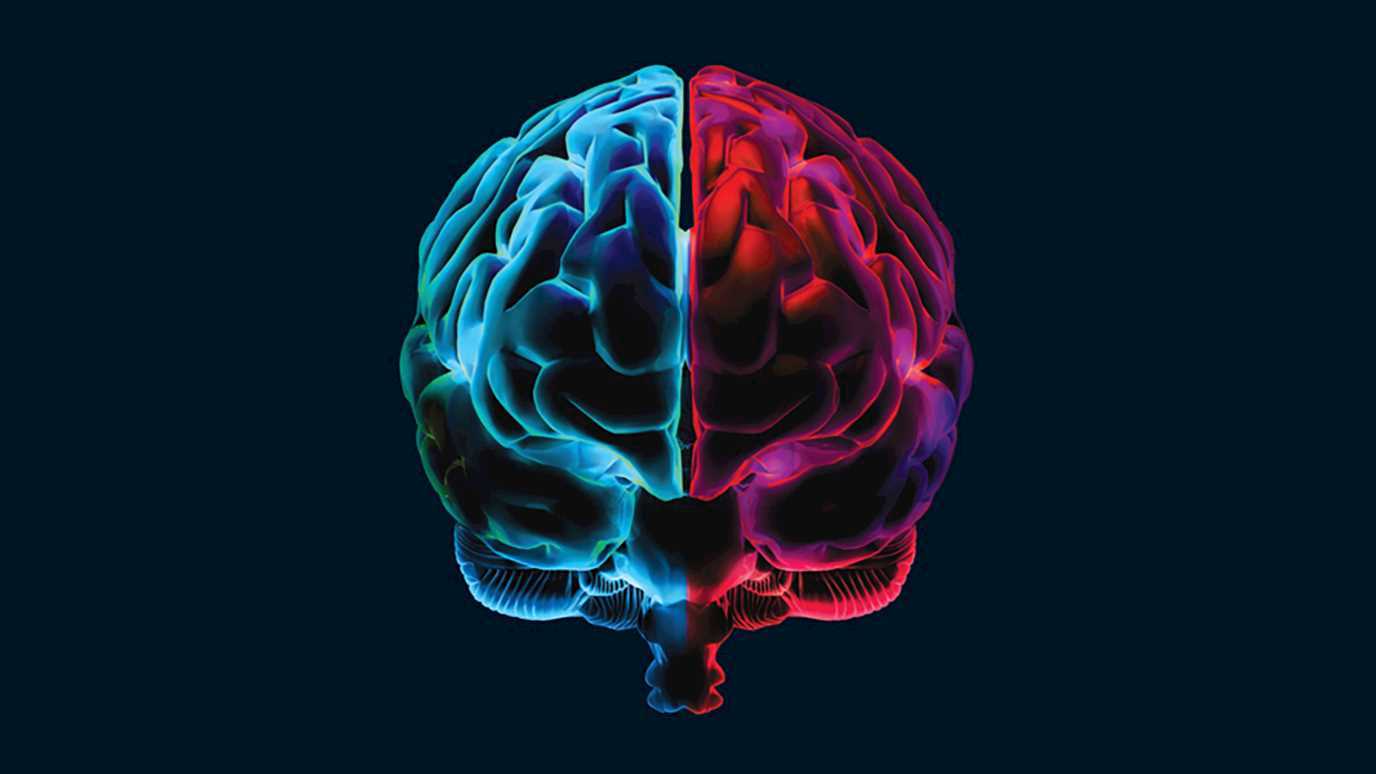Research at Royal Holloway, University of London, has suggested a link between patients with epilepsy and patients with bipolar disorder, through investigating a medicine used to treat both disorders.

Bipolar image
Valproic acid has been used successfully for many years to treat people with a diagnosis of either epilepsy or bipolar disorder, but there has never been a clear understanding of how it works for these two different conditions. Unfortunately, the drug also has severe side effects, increasing the chance of causing birth defects, if taken by pregnant women.
Professor Robin Williams, Head of the Centre for Biomedical Sciences in Royal Holloway’s School of Biological Sciences, and his students have carried out extensive research to discover how the drug works. Their work has been published in the journal Disease Models & Mechanisms.
Robin said: “To enable us to understand how the drug works in both conditions, we carried out tests using a simple amoeba as a research model. Using this model to replace animals in research, we were able to identify a single protein affected by valproic acid. This protein has previously been associated with both conditions, however, our research has been the first to suggest that it may be the key linking the treatment of both disorders”.
“Now that we understand how valproic acid works, we have been able to design potential new drugs that would be effective in treating both conditions, without causing birth defects.”
“Successfully developing these new drugs would be potentially life changing for women who want to have children, but depend on valproic acid to manage their condition”.
The next step for Robin and his colleagues is to find a partner organisation who will support the development of these new compounds. Development of these new drugs could lead to safer and more effective treatments for patients with epilepsy and bipolar disorder.
The initial research has been funded by NC3Rs
The full title of the paper is “Diacylglycerol kinase (DGKA) regulates the effect of the epilepsy and bipolar disorder treatment valproic acid in Dictyostelium discoideum.”
DOI: DMM/2018/035600
In the UK, there are around 500,000 people who have epilepsy and around 2.4 million who have bipolar disorder.
























